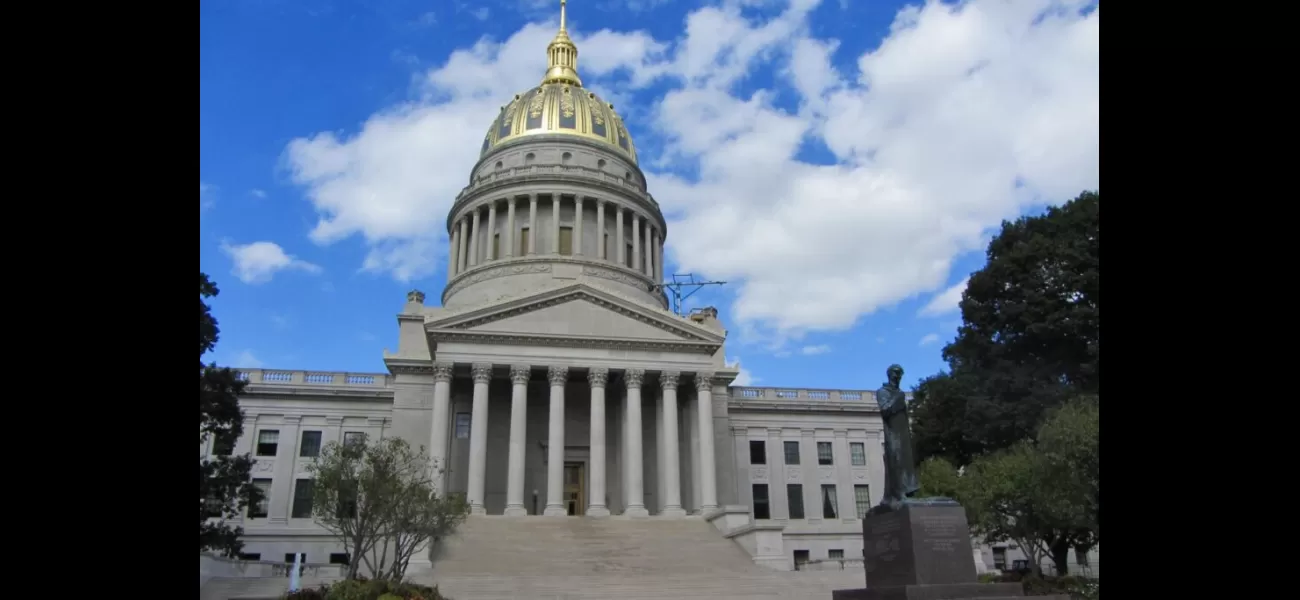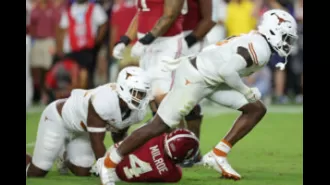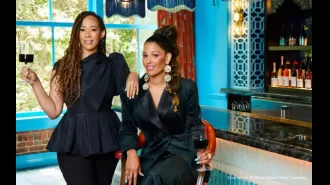West Virginia House passes bill allowing librarians to be prosecuted.
West Virginia House of Delegates passed House Bill 4654, a controversial legislation that could have major consequences, with a vote of 85-12 on Feb. 16.
February 20th 2024.

In a decision that has sparked much debate and controversy, the West Virginia House of Delegates made a bold move on Feb. 16 by voting 85-12 in favor of House Bill 4654. According to News And Sentinel, this piece of legislation has the potential to hold public and school librarians criminally responsible for any distribution or display of material that could be considered obscene to minors. The bill's main objective is to eliminate any exemptions from criminal liability that schools, public libraries, and museums may currently have when it comes to exposing minors to potentially explicit material.
Moving forward, HB 4654 will now be presented to the state Senate for further consideration. If passed, this bill would remove the criminal liability exemptions for schools that present approved curriculum at a local or state level, as well as for public libraries and museums that display materials that may be considered obscene to minors without parental supervision. The State Code defines "obscene matter" as any material that contains sexually explicit content or lacks any serious literary, artistic, political, or scientific value.
Those in favor of the bill argue that it is not an attempt to censor or ban books, but rather to provide additional protection for children. Del. Jeff Stephens, a school teacher and supporter of the bill, emphasized that it is similar to the existing online filters that aim to protect children from explicit material. Another supporter, Del. Elliott Pritt, clarified that the bill is not meant to limit freedom of speech, but rather to prevent children from accessing sexually explicit material in public spaces that are funded by taxpayers.
However, opponents of the bill have expressed concerns about potential unintended consequences. House Minority Leader Sean Hornbuckle cautioned that the vagueness of the bill could lead to challenges against classic books and unwarranted criminal charges against librarians. House Minority Whip Shawn Fluharty went as far as to compare the potential outcomes to actions taken in third-world countries.
Del. Brandon Steele, the lead sponsor of the bill that would prosecute librarians, argued that it is necessary to address any potential "bad actors" who may bring explicit material into libraries in an attempt to desensitize children. However, he was unable to provide any concrete examples of such incidents occurring in state libraries. Despite this, Steele maintained that the bill is crucial in maintaining the integrity of libraries, schools, and museums, while also prohibiting any criminal activity.
The controversial bill has been the topic of public hearings and House Judiciary Committee meetings. PEN America, an organization that advocates for freedom of expression, has noted a concerning trend in several states where criminal liability exemptions for libraries are being removed or the definition of obscenity is being broadened. This could potentially result in criminal charges for having certain books on library shelves.
As the bill moves on to the state Senate, the debate surrounding the balance between protecting children and preserving intellectual freedom continues in West Virginia. This heated discussion has implications not only for the state, but also for the larger conversation on freedom of expression and censorship. Only time will tell how this issue will ultimately be resolved.
Moving forward, HB 4654 will now be presented to the state Senate for further consideration. If passed, this bill would remove the criminal liability exemptions for schools that present approved curriculum at a local or state level, as well as for public libraries and museums that display materials that may be considered obscene to minors without parental supervision. The State Code defines "obscene matter" as any material that contains sexually explicit content or lacks any serious literary, artistic, political, or scientific value.
Those in favor of the bill argue that it is not an attempt to censor or ban books, but rather to provide additional protection for children. Del. Jeff Stephens, a school teacher and supporter of the bill, emphasized that it is similar to the existing online filters that aim to protect children from explicit material. Another supporter, Del. Elliott Pritt, clarified that the bill is not meant to limit freedom of speech, but rather to prevent children from accessing sexually explicit material in public spaces that are funded by taxpayers.
However, opponents of the bill have expressed concerns about potential unintended consequences. House Minority Leader Sean Hornbuckle cautioned that the vagueness of the bill could lead to challenges against classic books and unwarranted criminal charges against librarians. House Minority Whip Shawn Fluharty went as far as to compare the potential outcomes to actions taken in third-world countries.
Del. Brandon Steele, the lead sponsor of the bill that would prosecute librarians, argued that it is necessary to address any potential "bad actors" who may bring explicit material into libraries in an attempt to desensitize children. However, he was unable to provide any concrete examples of such incidents occurring in state libraries. Despite this, Steele maintained that the bill is crucial in maintaining the integrity of libraries, schools, and museums, while also prohibiting any criminal activity.
The controversial bill has been the topic of public hearings and House Judiciary Committee meetings. PEN America, an organization that advocates for freedom of expression, has noted a concerning trend in several states where criminal liability exemptions for libraries are being removed or the definition of obscenity is being broadened. This could potentially result in criminal charges for having certain books on library shelves.
As the bill moves on to the state Senate, the debate surrounding the balance between protecting children and preserving intellectual freedom continues in West Virginia. This heated discussion has implications not only for the state, but also for the larger conversation on freedom of expression and censorship. Only time will tell how this issue will ultimately be resolved.
[This article has been trending online recently and has been generated with AI. Your feed is customized.]
[Generative AI is experimental.]
0
0
Submit Comment





